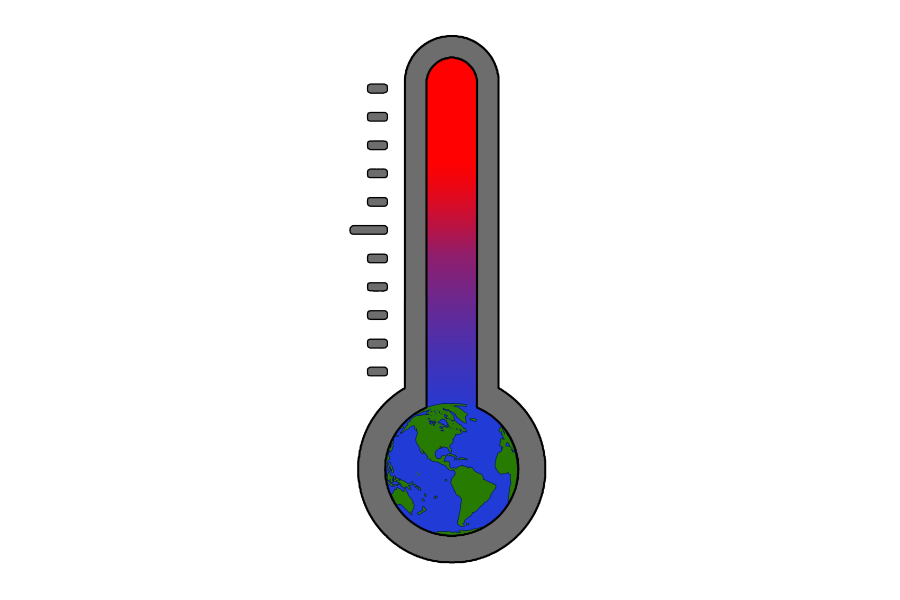Urban centers and the promise of climate governance
December 1, 2016
The federal government has proven time and time again that it is an ineffective vehicle for the creation of progressive climate change policy. The lack of success in this area, at both the national and state level, has left environmentalists stumped as to where to start when it comes to bringing about positive change. Through this frustration, however, a new player in the realm of climate change and social equity has emerged: the urban center.
From their very creation, cities have been the cultural hubs of civilization. The profuse population of people in one place, while it does have its consequences, brings about innovation, intercultural exchange, and political involvement. To put it simply, the modern day city is the epicenter of society. Due to this fast-paced environment and high ethical output, cities are extremely powerful. It is this power which makes cities the perfect vehicle for advancing the climate and social equity agendas.
Due to the vast cultural and ideological exchanges taking place in cities, they are frequently havens of progressive thought. This thought is then transferred into awareness about issues that other areas of the nation may not know about, or do not have the resources to know about. Cities also have the advantage of being free of the political gridlock that haunts federal and state governments. So, they can easily implement laws that would be extremely difficult to get through larger forms of government, so long as they adhere to state and national law.
This gives cities a huge advantage when it comes to formulating climate change policy. The combination of progressivism and less-polarized municipal operations has allowed cities such as New York and San Francisco to bring forth regulations concerning emissions and waste production. Additionally, both of these cities have climate change adaption plans in place along with special councils to oversee their progress.
When we look to the future of climate change policy globally and within the United States, it is evident that federal and state governments are not adequate entities to deal with the problem as a whole. However, solutions within cities have surfaced in the form of climate defense groups. Over the past few years, coalitions have popped up in urban centers that are striving towards more environmentally friendly measures. An example of this is the C40 Cities Climate Leadership Group, which contains a number of cities who have implemented measures to either reduce emissions or mitigate the impacts of climate change. These coalitions will likely be the future of climate policy as they begin to take the place of federal governments in regards to developing solutions to these issues.






















